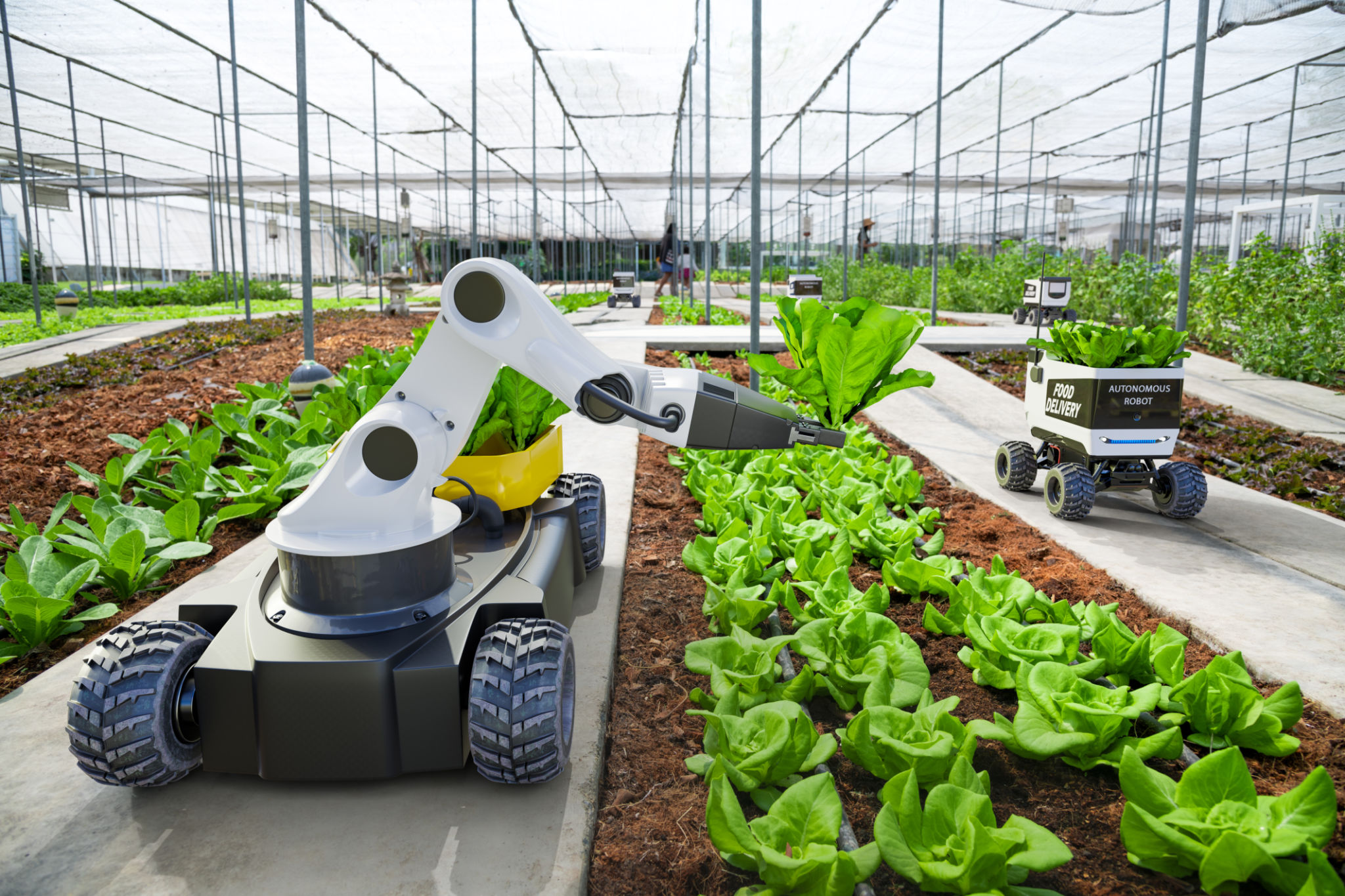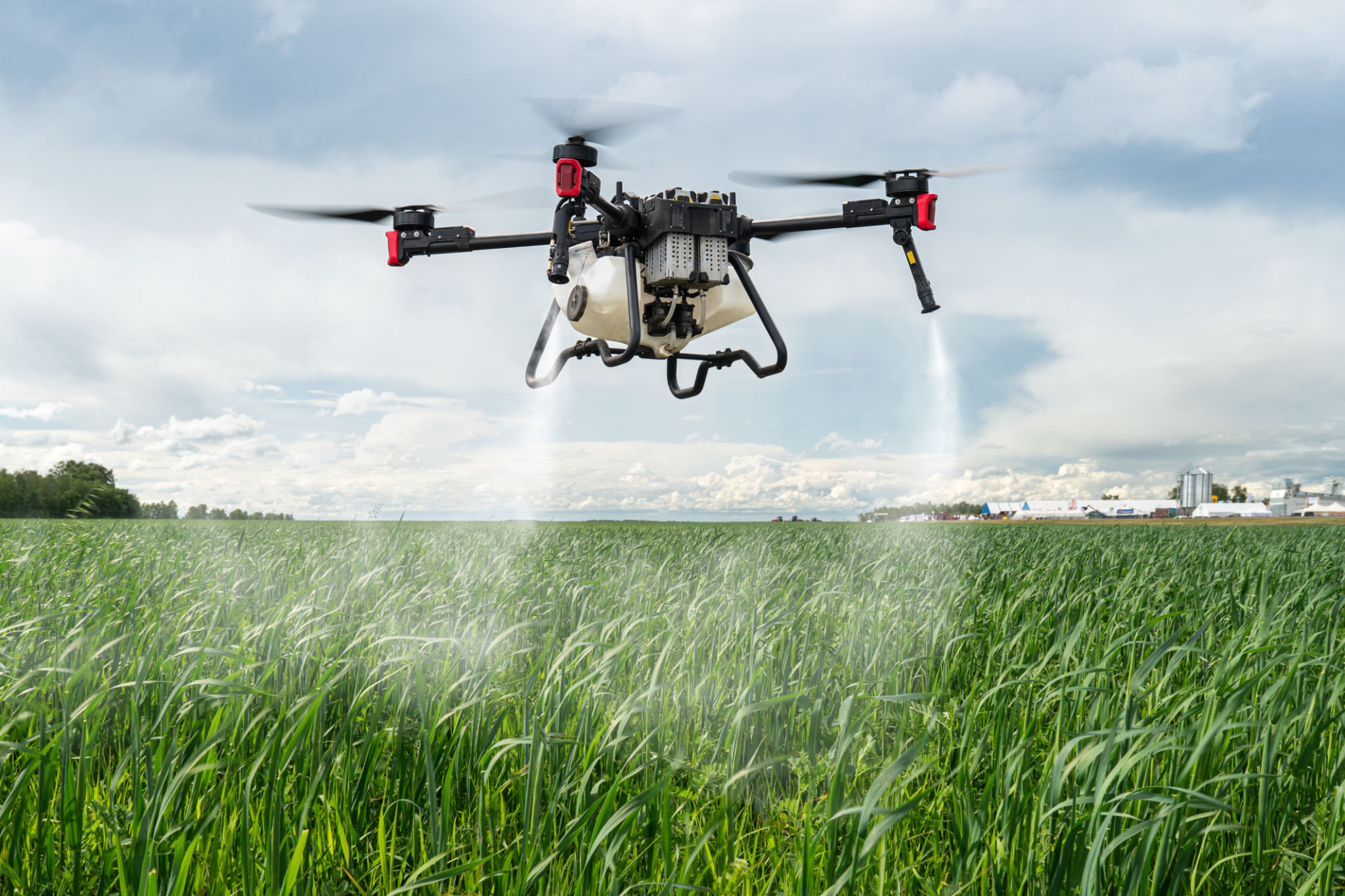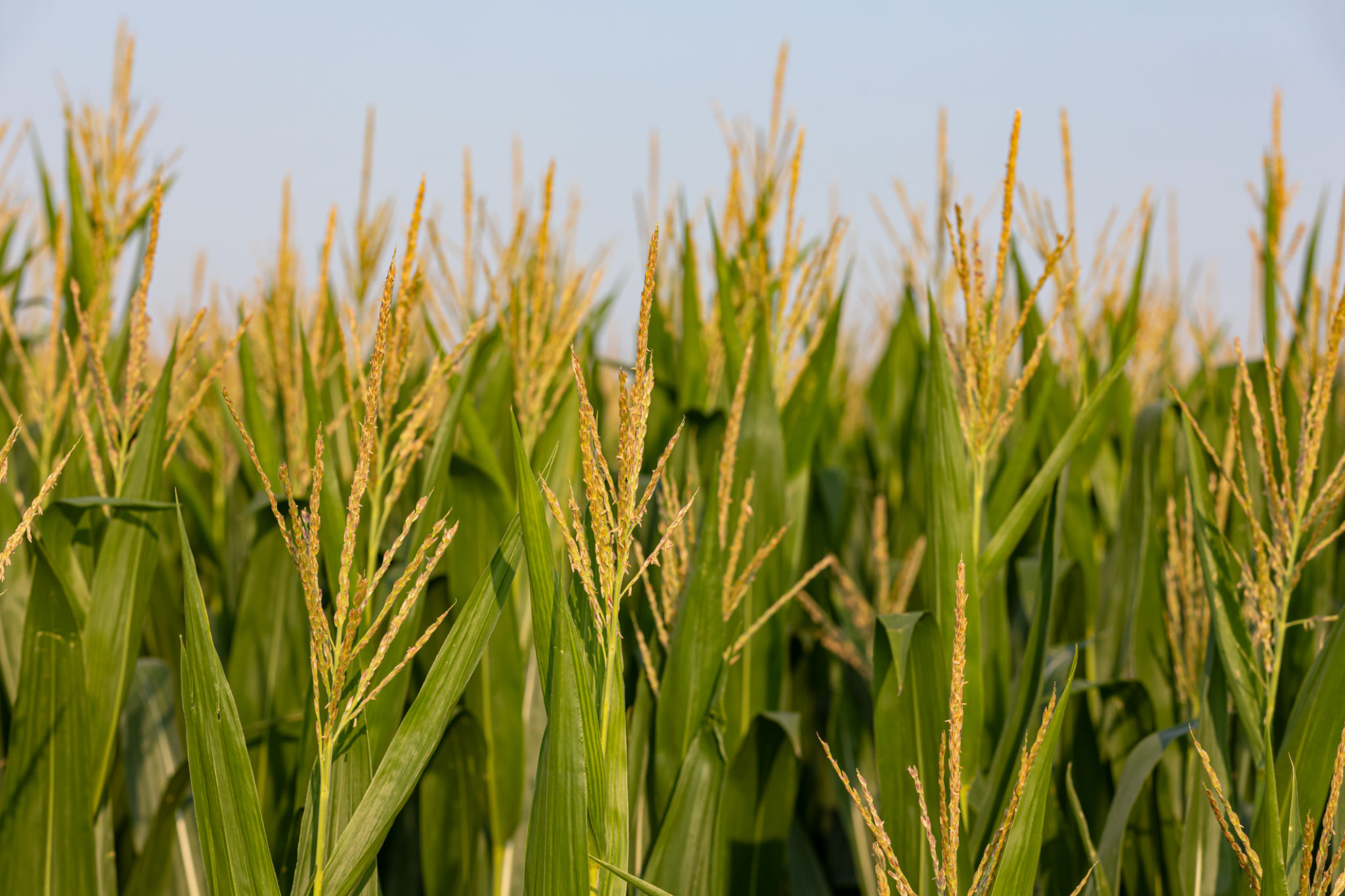Case Study: Successful Implementation of Farm Automation in Colorado
Introduction to Farm Automation in Colorado
In recent years, the agricultural sector has witnessed a significant shift towards automation, transforming traditional farming practices into more efficient and sustainable operations. The state of Colorado, known for its diverse agricultural landscape, has emerged as a leader in implementing innovative farm automation technologies. This case study explores the successful implementation of farm automation in Colorado, highlighting key strategies and outcomes.

The Need for Automation
Colorado's agricultural industry faces several challenges, including labor shortages, unpredictable weather patterns, and the need for sustainable farming practices. These challenges have driven many farmers to explore automation as a viable solution. By adopting technologies such as drones, robotic harvesters, and smart irrigation systems, farmers can optimize productivity, reduce costs, and improve crop yields.
Addressing Labor Shortages
Labor shortages have been a persistent issue in the agricultural sector. Automation provides an effective way to address this challenge by reducing dependency on manual labor. Technologies like robotic harvesters can efficiently perform tasks such as planting, weeding, and harvesting, allowing farmers to focus on other critical aspects of farm management.
Technology in Action
The implementation of farm automation in Colorado has been marked by the integration of various cutting-edge technologies. One notable example is the use of drones for crop monitoring. These aerial devices provide valuable insights into crop health, enabling farmers to make data-driven decisions. With high-resolution imaging and real-time data analysis, drones help in identifying pest infestations and nutrient deficiencies early on.

Smart Irrigation Systems
Water management is crucial in agriculture, especially in areas prone to droughts like Colorado. Smart irrigation systems have revolutionized water usage by delivering precise amounts of water based on real-time soil moisture data. This technology not only conserves water but also ensures that crops receive optimal hydration, enhancing growth and yield.
Economic and Environmental Benefits
The adoption of automation technology has resulted in significant economic and environmental benefits for Colorado's farmers. By reducing reliance on manual labor and optimizing resource use, farmers have seen a decrease in operational costs. Additionally, automation promotes sustainable farming practices by minimizing resource wastage and reducing the carbon footprint of agricultural operations.
Boosting Crop Yields
Automation has directly contributed to increased crop yields. With precise planting and harvesting techniques, farmers can ensure that crops are grown under optimal conditions. Moreover, the ability to monitor crop health continuously allows for timely interventions, preventing crop loss and maximizing output.

Challenges and Future Prospects
While the implementation of farm automation has been largely successful, it is not without challenges. The initial investment cost for acquiring advanced technology can be prohibitive for some farmers. Additionally, there is a learning curve associated with adopting new technologies.
Looking Ahead
Despite these challenges, the future of farm automation in Colorado looks promising. As technology continues to evolve and become more accessible, it is expected that more farmers will embrace automation. Continuous advancements in artificial intelligence and machine learning hold the potential to further enhance the capabilities of automated farming systems.
The successful implementation of farm automation in Colorado serves as a model for other states looking to modernize their agricultural practices. By embracing innovation, Colorado's farmers are paving the way for a more efficient, sustainable, and prosperous future in agriculture.